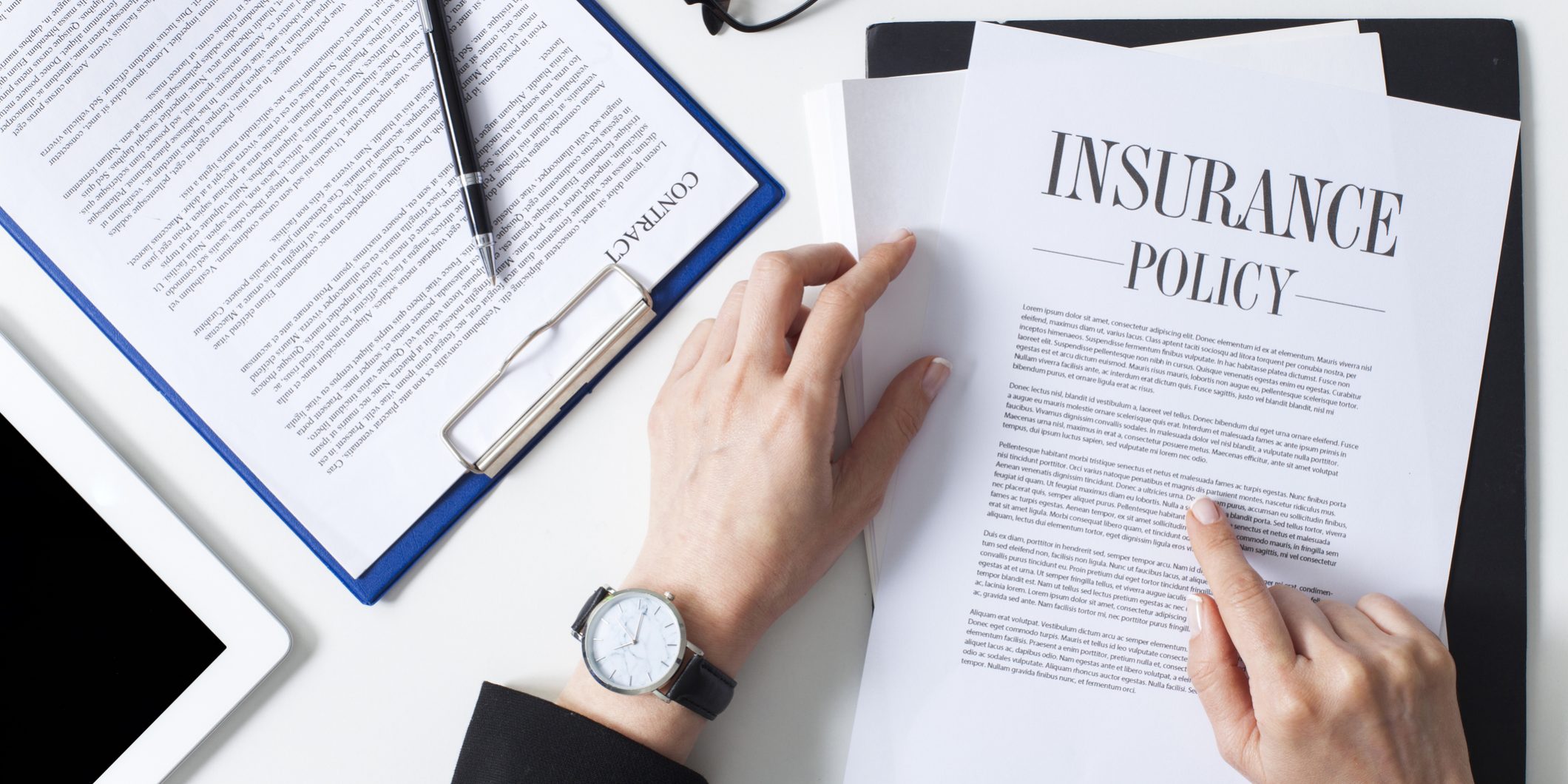Commercial property insurance rates are on the rise across the country as insurers continue wrestling with the toll of increasing natural disasters, rising social unrest around the world (including the U.S.) and the COVID-19 pandemic.
Additionally, insurance companies have become more stringent in their underwriting by restricting some coverages and excluding risks that may have been covered in the past.
The rate increases and stricter underwriting are not a function of the COVID-19 pandemic, as rates have been on the rise over the last two years as other risks and claims payouts have grown, but the outbreak has added more pressure to rates.
According to a report in the trade publication Business Insurance, brokers are reporting average property insurance rate increases of 20% for policies that renewed on July 1, 2020. But rate increases are even higher for commercial enterprises that have certain types of occupancies, large and complex sets of risks, a history of losses or natural catastrophe exposure (hurricanes, tornadoes and wildfires, for example), the report states.
As mentioned, insurers have also taken various steps to restrict coverage, including:
- More strike, riot and civil commotion exclusions (this coverage was common in most commercial property policies).
- More stringent communicable disease exclusions for business interruption coverage (while most business interruption coverage on property policies excluded pandemic risks, a small portion of policies did not).
- Reduced coverage for business interruption claims that don’t include physical damage to the business.
- Reduced limits.
- Higher deductibles.
Civil disturbance coverage
The recent riots and protests that erupted across the country also caused widespread insured damage as many stores and businesses were looted, set on fire or vandalized.
Coverage of riots and civil disturbances is a standard part of most property policies, and insurance experts estimate the insured damages could surpass $10 billion as the rioting was not just limited to one city.
There had never previously been a civil disturbance event of this magnitude in the U.S. and insurers had not priced the likelihood of it happening across the nation at one time.
Globally, insurers have started introducing exclusions and raising rates after large-scale protests and civil unrest mushroomed in Hong Kong and Chile last year, causing widespread economic damage and disruption.
The scale of damage in the U.S. from our own civil unrest has pushed a handful of insurers to start restricting or removing coverage for strikes, riots and civil commotion. The change is not industrywide.
Policy and rate changes for this coverage are also based on geography, as the risks of civil disturbances are greater in cities than in suburbs and smaller municipalities and towns.
Businesses can also take steps to mitigate risks, such as installing video cameras for security, as well as burglar alarms and other measures to reduce their premiums.
COVID-19
Terms and conditions are also being tightened due to the COVID-19 outbreak, after a number of insurers were sued for not paying business interruption claims on the grounds that there must be physical damage to the property.
As a result, many insurers introduced more explicit wording to make their infectious disease exclusion “bulletproof,” as one broker told Business Insurance.
Catastrophe exposure
In addition, insurance companies are looking at how much exposure they have to natural catastrophes, and are hence scaling back coverage or pulling out of some markets. They are looking at markets that have exposure to:
- Hurricanes,
- Earthquakes,
- Wildfires,
- Floods,
- Storms
For example, in California a number of commercial and personal property insurers are restricting the number of policies they will write in areas that are at risk from wildfire. Some are also requiring that property owners create buffer areas around their buildings to reduce the chances of them catching fire during an event.
The takeaway
As a business property insured, you will want to do all you can to make your organization as insurable as possible in order to enjoy the best rates. That means taking measures to mitigate risks and following insurers’ recommendations.
That could include installing security cameras and alarms, as well as sprinklers and other fire prevention systems. If your business is exposed to a regular natural catastrophe, you should also take steps to reduce the chances of your property being damage or destroyed.


